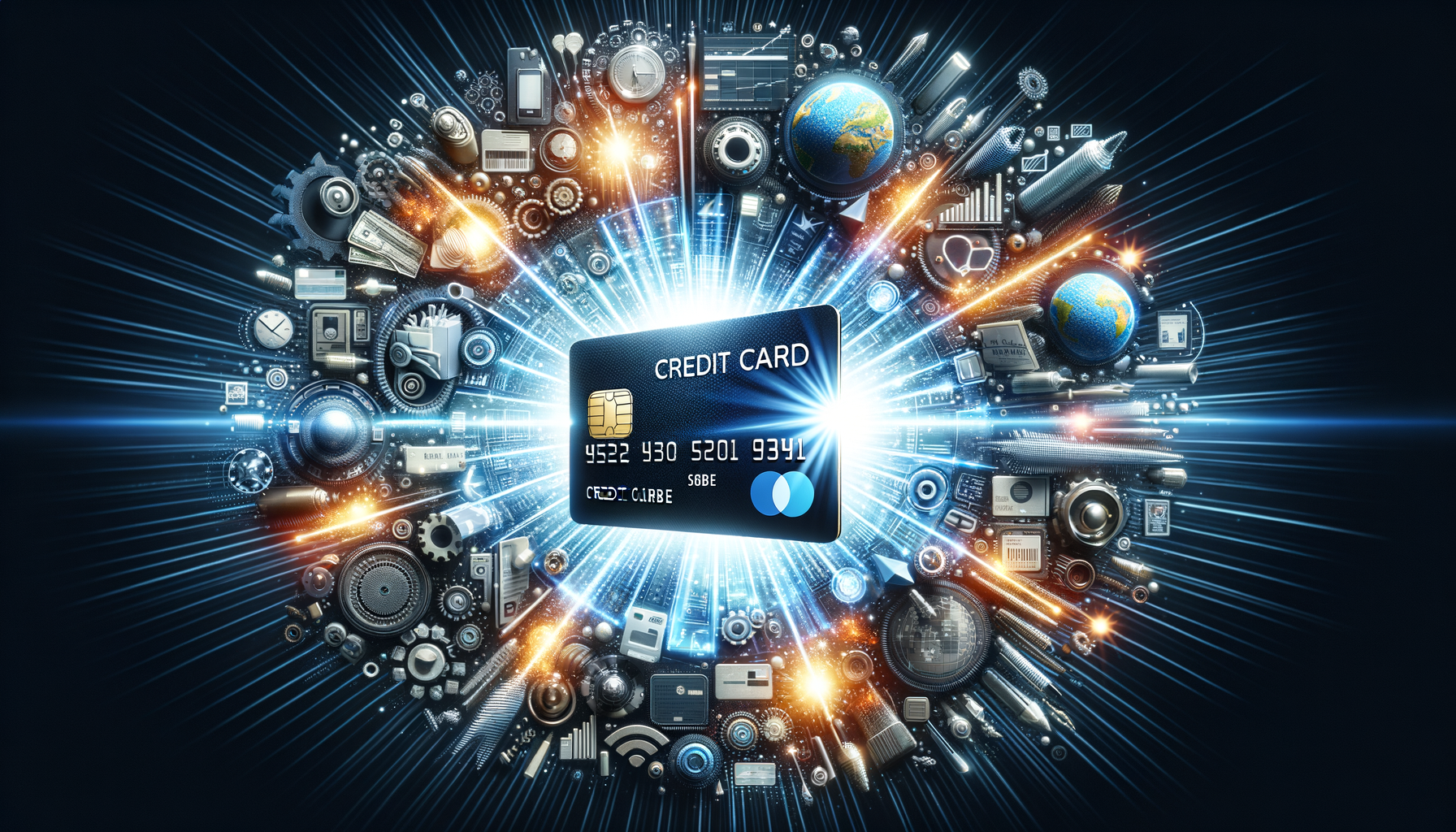
Unlock the Power of Credit Cards!
Understanding Credit Card Basics
Credit cards are a ubiquitous financial tool that many people use daily, but understanding their basic features is essential for making informed decisions. At their core, credit cards are a form of revolving credit, allowing users to borrow funds up to a certain limit to pay for goods and services. The borrowed amount must be repaid, either in full by the due date to avoid interest charges or over time with interest. The interest rate, often referred to as the Annual Percentage Rate (APR), varies among cards and is a key factor to consider when choosing a credit card.
Another important aspect is the credit limit, which is the maximum amount a cardholder can borrow. This limit is determined by the issuer based on factors such as the cardholder’s credit score, income, and credit history. Understanding your credit limit helps you manage your spending and avoid over-limit fees.
Fees are another critical component of credit cards. Common fees include annual fees, late payment fees, and foreign transaction fees. Some cards may offer no annual fee, while others might charge a fee but provide additional benefits that justify the cost. Being aware of these fees and how they apply can save you money and help you choose a card that fits your financial habits.
The Role of Credit Cards in Building Credit
Credit cards play a significant role in building and maintaining a healthy credit score, which is crucial for obtaining loans, mortgages, and even renting an apartment. A credit score is a numerical representation of your creditworthiness, and credit card usage is one of the main factors that influence it.
Timely payments are perhaps the most critical factor. Consistently paying your credit card bill on time demonstrates responsibility to lenders and positively impacts your credit score. Additionally, maintaining a low credit utilization ratio, which is the percentage of your credit limit that you are using, is beneficial. Experts suggest keeping this ratio below 30% to avoid negatively affecting your credit score.
Credit cards also contribute to the length of your credit history, another component of your credit score. The longer you have a credit card account open and in good standing, the more it can positively influence your credit score. Therefore, even if you no longer use a particular card, keeping the account open can be advantageous.
Exploring Credit Card Rewards and Benefits
One of the appealing aspects of credit cards is the potential to earn rewards and benefits. Many credit cards offer rewards programs that allow users to earn points, miles, or cashback on their purchases. These rewards can be redeemed for a variety of options, including travel, merchandise, or statement credits.
Different cards cater to different spending habits. For example, some cards offer higher rewards rates on categories like groceries, dining, or travel, making them suitable for users who frequently spend in those areas. Others might provide flat-rate rewards on all purchases, appealing to those with diverse spending habits.
In addition to rewards, credit cards often come with additional benefits such as travel insurance, purchase protection, and extended warranties. These benefits can add significant value to a card, especially for frequent travelers or those who make large purchases. However, it is essential to read the terms and conditions to understand the specifics of these benefits and any limitations that might apply.
Managing Credit Card Debt Wisely
While credit cards offer convenience and rewards, they can also lead to debt if not managed wisely. Credit card debt can accumulate quickly due to high-interest rates, making it important to use credit cards responsibly.
One effective strategy for managing credit card debt is to pay the full balance each month. This practice helps avoid interest charges and keeps your credit utilization low. If paying the full balance is not possible, aim to pay more than the minimum payment to reduce the principal balance faster.
Budgeting is another essential tool for managing credit card debt. By creating a budget, you can track your spending and ensure that you live within your means. This approach helps prevent overspending and allows you to allocate funds towards paying down existing debt.
For those struggling with significant credit card debt, consolidating debt through a balance transfer or personal loan might be a viable option. These methods can lower the interest rate and simplify payments, making it easier to pay off debt over time.
Choosing the Right Credit Card for You
With so many credit card options available, selecting the right one can seem daunting. However, by considering your financial habits and goals, you can find a card that aligns with your needs.
Start by evaluating your spending habits. If you frequently travel, a card with travel rewards and benefits might be suitable. Alternatively, if you prefer cashback, look for a card that offers a high cashback rate on categories you spend the most on.
Consider the fees associated with each card. While some cards offer attractive rewards, they may come with high annual fees. Weigh the potential rewards against the cost to determine if the card is worth it. Additionally, look at the interest rates, especially if you plan to carry a balance.
Finally, review the card’s terms and conditions. Understanding the fine print can help you avoid unexpected fees and make the most of the card’s benefits. By taking the time to research and compare options, you can choose a credit card that enhances your financial well-being.


